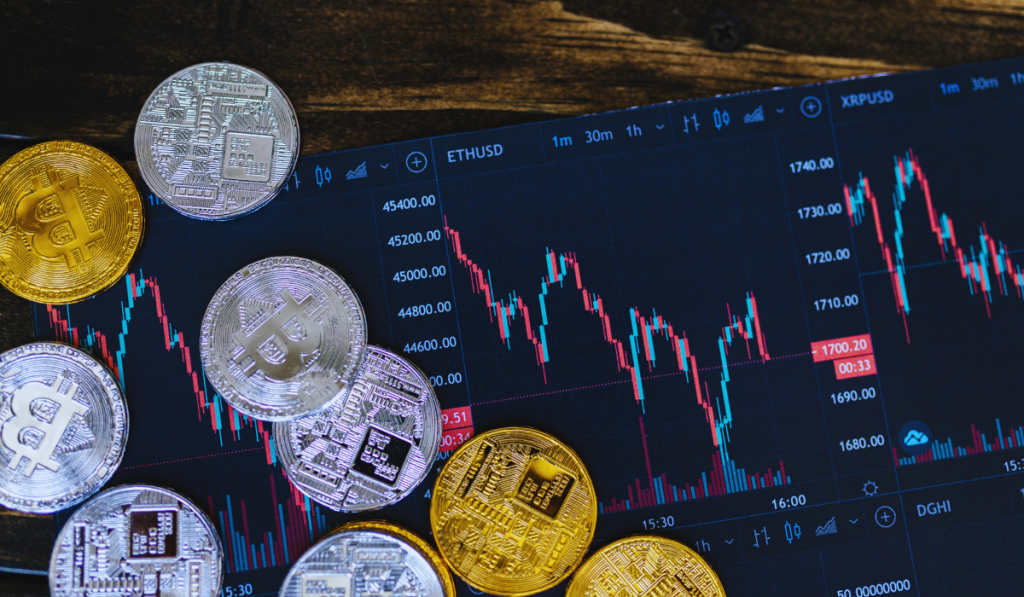What is Forex trading? The Complete Beginner's Guide to Understanding the Currency Market?
Forex trading is among the most popular ways one may engage with foreign money. Regardless of background, it lets anyone trade currencies and maybe benefit from price swings. Thanks to the expansion of online channels, accessing this ever-changing sector has never been easier.
In this essay, we will go into great length on what forex trading is, how it works, who uses it, and what makes it such a powerful financial tool.All you need to begin going with confidence and clarity will be addressed.

Meaning of forex trading?
Forex trading, sometimes known as foreign exchange trading, is the buying and selling of currencies meant for profit.On a decentralised worldwide market, participants trade currencies pairs such EUR/USD or GBP/JPY.
Open twenty-24 hours a day, five days a week makes the most accessible and liquid financial market available worldwide.Learning forex trading helps one to enter a world in which trillions of dollars are traded daily.
Why Millions of People Find Forex Trading Attractive?
One of the main reasons individuals want to learn more about forex trading is its flexibility, great liquidity, and possibility for both short-term and long-term profits.
People visit it for this:
- Low Capital Requirement: Starting requires not a lot of money spent.Many brokers initially allow micro or small accounts.
- Forex systems let traders control positions larger than their initial outlay by using leverage.
- Global Exposure: Traders could seize a range of opportunities by having access to currency markets touched by world events.
Once you understand what forex trading is, you can see why both casual part-time traders and full-time professionals find it attractive.
The Nature of Currency Pairing
Forex trading deals pairs of currencies. Every pair consists of a base money and a quotation money. Consider the EUR/USD exchange rate:
- EUR is the foundation money.
- USD is the quoted value.
- If the pair’s price is 1.100,0 one euro is worth 1.10 US dollars.
To trade successfully, one must precisely estimate how the value of one currency will vary with respect to another. Forex trading is fundamentally about predicting future events depending on shifting pricing.
Who deals in foreign exchange?
Participants in the FX market range widely.Understanding these people helps one to have a more complete knowledge of FX trading.
Important players consist of:
Individual investors who trade from the convenience of their own homes using internet platforms are retail traders.
- Banks and other financial companies trade either profit-driven or on behalf of clients.
- Businesses: Globally operating companies need foreign exchange of currencies.
- Governments and central banks watch reserves and act to maintain stable economies.
- Every one of these players accentuates the volatility and liquidity of the FX market.
Tools You’ll Want to Start Forex Trading
You’ll need a few basic things to begin trading:
- Examining charts, managing your account, and making trades all happen on a trading platform.
- Choose a registered broker who provides outstanding reviews, affordable spreads, and safe financing options for your broker account.
- Test your strategy in a virtual environment before risking your money.
Especially if you know the foundations of what forex trading is and how it operates, setting up is really easy.
Examining the Foreign Exchange Market:
Good forex trading decisions are based on sound analysis. Mostly two types exist:
1. Examination of the Foundations
This approach includes looking at geopolitical events, GDP, inflation, and interest rates.Traders look for events or patterns that might influence the value of a currency, either strong or weak.
2. Technical review
Here, using trends, signals, and patterns, traders study price charts to project future price changes.Once you grasp forex trading practically, this kind of study becomes absolutely vital.
Combining the two strategies improves your risk control and trading decisions.
Managing Risk in Forex Trade
Forex trading offers some risks, even if it is exciting. Usually, good traders closely control their risk. Here is the approach:
- Use stop-loss orders, which automatically close a deal upon a loss threshold.
- Control Your Leverage: Too much leverage might cause more pronounced gains and losses. Think carefully.
- Avoid overtrading and focus more on quality possibilities than on quantity.
- Keep Up: The FX market is much affected by news Be Being current helps one react quickly.
Understanding what forex trading is means realizing that risk is an essential element of the trip, but that it can be properly controlled.
Typical Forex Trading Strategies
Having mastered the fundamentals of forex trading, you could begin experimenting with several trading strategies to find which one suits you:
- Brief trades spanning a few seconds to many minutes are known as scalping.
- Day trading allows you to open and close your positions in one trading day.
- Swing trading is holding trades for days or weeks, therefore leveraging market changes.
- Position trading is the habit of long-term investing based on general trends.
Any strategy has advantages and disadvantages. You really should choose one that fits your goals and style.
Avoidable Mistakes in Exchange-Based Trading
Initially, learning about forex trading makes one excited, however, it’s crucial to avoid regular errors:
- You should always know when to start or end a transaction without a strategy.
- Let emotions control; instead of reacting emotionally, stick to your goal.
- Ignoring Risk: Never assume more risk than you could afford.
- When pursuing losses, stop when needed. Avoid trade motivated by vengeance.
While mistakes are unavoidable, experienced traders stand out from beginners in their capacity to learn from them and maintain discipline.
